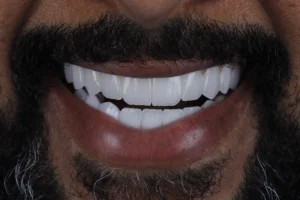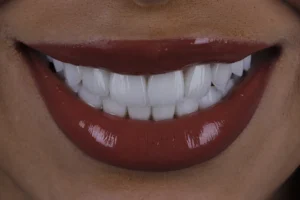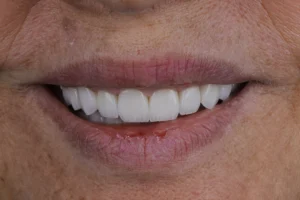Introduction
Acne and post acne scars are very common skin conditions. Nearly every person has had a bad breakout at some point in their life. Acne can happen when the skin is over- stimulated by hormones, such as testosterone or estrogen. This causes clogged pores that produce excess oil and dead skin cells. The best way to treat acne is with an acne medication that helps control the size of your pores and reduce inflammation caused by pimples
What causes acne?
Acne is caused by the clogging of the hair follicles. These are small openings in your skin that produce sebum and allow for the growth of new hairs. In some cases, acne can develop if there is too much oil on the skin or if you have dry skin and/or clogged pores. Hairs are blocked and bacteria grows inside them causing inflammation which leads to pimples forming on your face
The symptoms of acne include:
- Large red spots (pimples)
- Swollen glands that appear as bumps underneath existing pimples
- Irritation or burning sensation around existing pimples because they’re inflamed (redness)
How Acne Scars Occur?
Acne scars are caused by inflammation of the skin and can be either shallow (hypopigmented) or deep (hyperpigmented). The depth and type of scar will depend on how severe your acne was.
Acne scars are not the same as wrinkles or other signs of aging. A person with acne may have both deep and shallow acne scars, but they’re not necessarily permanent like wrinkles—they’ll fade over time if you keep up with regular treatments for your condition.
The severity of a person’s post-acne scarring depends on what type of treatment they’ve used for their condition: If you had only mild redness after using benzoyl peroxide products to treat your breakouts, then only mild redness will remain after several months; however if you used strong topical creams like Accutane® (Isotretinoin) without any other treatments during those months then there may still be some visible marks left behind even though they won’t likely look as noticeable now compared with before starting treatment at age 20
Acne or pimples are a very common skin condition. Nearly every person has had
Acne or pimples are a very common skin condition. Nearly every person has had acne at least once in their life, and the numbers continue to rise with each passing generation. Acne is caused by the clogging of hair follicles, which leads to an overproduction of sebum (oil) and dead cells on the surface of your skin.
Acne is not contagious like chicken pox or measles, nor does it cause permanent damage to your body as does cancer or heart disease. It can be treated with medication that helps reduce inflammation while also preventing new breakouts from forming that may leave marks behind after they heal up naturally over time
Acne and Post acne scar treatments are available
- – Hydroquinone: A topical skin-lightening agent, this product is not recommended for people with sensitive skin. It also has some side effects such as dryness and irritation.
- – Tretinoin (Retin-A): This medication works by promoting the growth of new collagen in the skin that can help reduce wrinkles and scars. It’s available as an over-the-counter cream or gel—but only contains 0.025% tretinoin, so you’ll have to get your doctor’s approval before using it on yourself!
- – Salicylic acid: This keratolytic agent helps exfoliate dead cells from your face so they don’t clog pores anymore; however, too much can cause redness or peeling if not used properly!
- – Glycolic acid: This natural AHA helps remove dead skin cells, which makes it a great choice for those with acne-prone skin. But this chemical can also cause irritation, so make sure you patch test before applying it to your entire face.
- – Azelaic acid: This ingredient helps reduce redness and swelling in your skin, making it a great choice for those with rosacea. But it can also cause irritation, so be sure to patch test before applying it to your entire face.
- – Retinol: This ingredient is often confused with tretinoin (Retin-A), but they’re actually different! Retinol helps increase collagen production, which makes it a great choice for treating fine lines and wrinkles. But too much can cause irritation, redness or peeling if not used properly.
How does Acne and Post Acne scars Treatment Works?
Acne and Post Acne scars Treatment is a process that aims to reduce the appearance of acne scars, by treating them with laser resurfacing.
The treatment involves the use of a variety of methods, including chemical peels, laser resurfacing and microdermabrasion. These treatments can help you achieve smoother skin and less visible scars in as little as three months!
Conclusion
Acne scars are a common problem. You may wonder what causes them, but in most cases they’re just scar tissue that forms over inflamed skin. Acne and post acne scars treatment options are available for you to use if you’re looking for relief from your skin condition.





